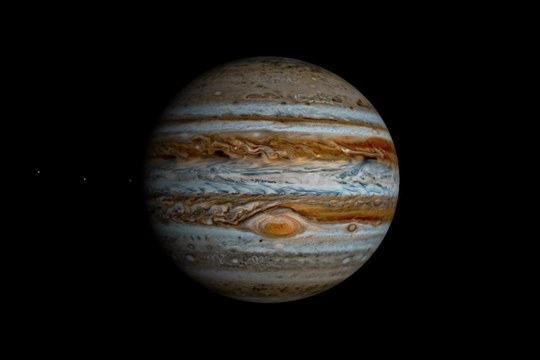
3. Planetology and Astrobiology
Docenti / Lecturers
Roberto Orosei (INAF-IRA) Barbara Cavalazzi (UNIBO-BIGEA)
2 CFU - 16 ORE / 2 UEC - 16 HOURS
OBIETTIVI FORMATIVI / LEARNING OBJECTIVES
The first part of this module presents a general introduction to the solar system objects, their physical properties and thei formation and evolution. The second part presents the main concepts regarding the search for life in the Universe, and how they developed through time. Lectures will then focus on the development of habitability and life on Earth in the context of its geological evolution. Identification of past signatures of life and life in extreme environments will then be discussed. The module will then introduce the current concepts about the origin and evolution of the Universe, the origin of chemical species and the formation of the Solar System. Characteristics and geologic history of planets and minor bodies will be examined, and their potential for habitability discussed. The search for extrasolar planets will be described.
The module will provide students with the basic notions needed to understand the status and trend in the search for life beyond Earth. The high-level learning objectives are:
- The solar system: general properties and evolution of planets, moons and minor bodies;
- How and when planet Earth became home for life;
- Origin and evolution of life on Earth;
- Physical limits of life on Earth and extreme environments;
- Characteristics of planets and moons with respect to their potential to host life;
- Current trends in Solar System and exoplanetary exploration.